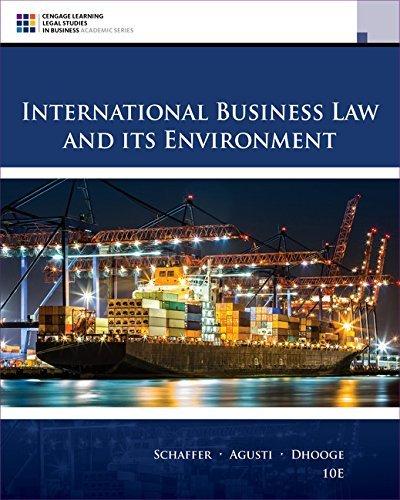A French cosmetic company with a business in the United States sold that business to a U.S.
Question:
In 1913 A. Bourjois & Cie., E. Wertheimer & Cie., Successeurs, doing business in France and also in the United States, sold the plaintiff for a large sum their business in the United States, with their good will and their trade marks registered in the Patent Office. The latter related particularly to face powder, and included the above words. The plaintiff since its purchase has registered them again and goes on with the business that it bought, using substantially the same form of box and label as its predecessors and importing its face powder from France. It uses care in selecting colors suitable for the American market, in packing and in keeping up the standard, and has spent much money in advertising, so that the business has grown very great and the labels have come to be understood by the public here as meaning goods coming from the plaintiff. The boxes have upon their backs: "Trade Marks Reg. U.S. Pat. Off. Made in France-Packed in the U.S.A. by A. Bourjois & Co., Inc., of New York, Succ'rs. in the U.S. of A. Bourjois & Cie., and E. Wertheimer & Cie."
1. Certain German automobiles that are regarded as non-luxury in Germany have upgraded options before shipment to the United States, where they are marketed by the U.S. licensees as luxury cars. How would this business model be adversely affected if not for the Bourjois decision?
2. How does the protection afforded by Bourjois hurt U.S. consumers?
3. If the Bourjois protection were not afforded, what would this mean for U.S. licensees of products from outside of the United States?
Fantastic news! We've Found the answer you've been seeking!
Step by Step Answer:
Related Book For 

International Business Law And Its Environment
ISBN: 9781305972599
10th Edition
Authors: Richard Schaffer, Filiberto Agusti, Lucien J. Dhooge
Question Posted:





